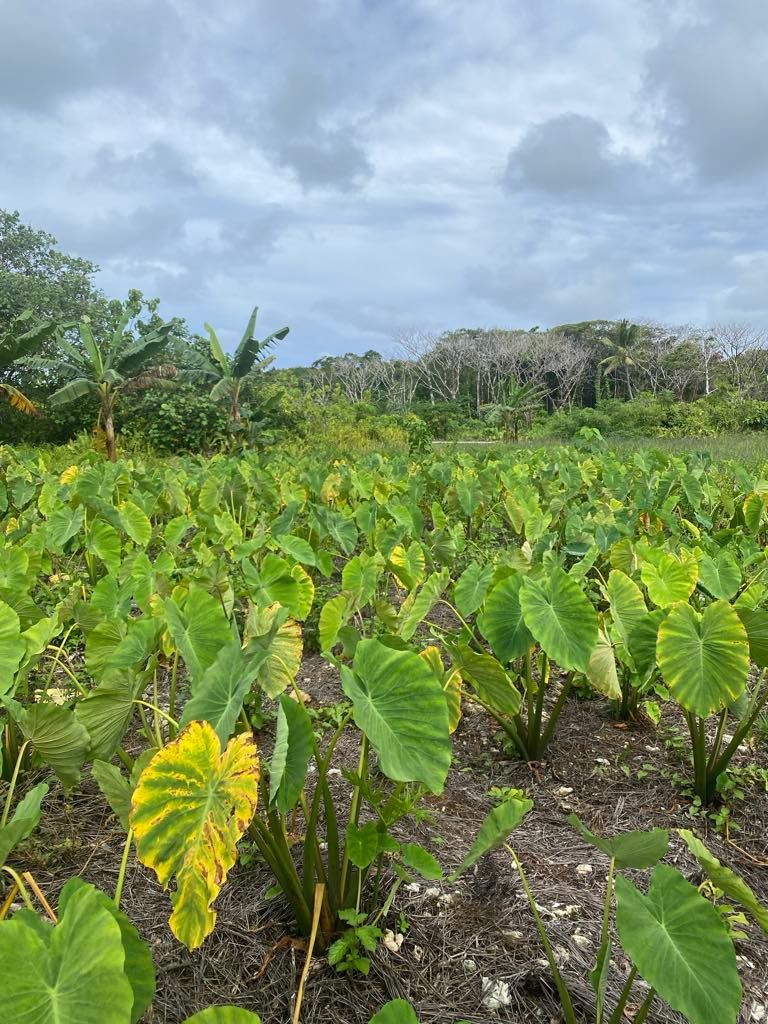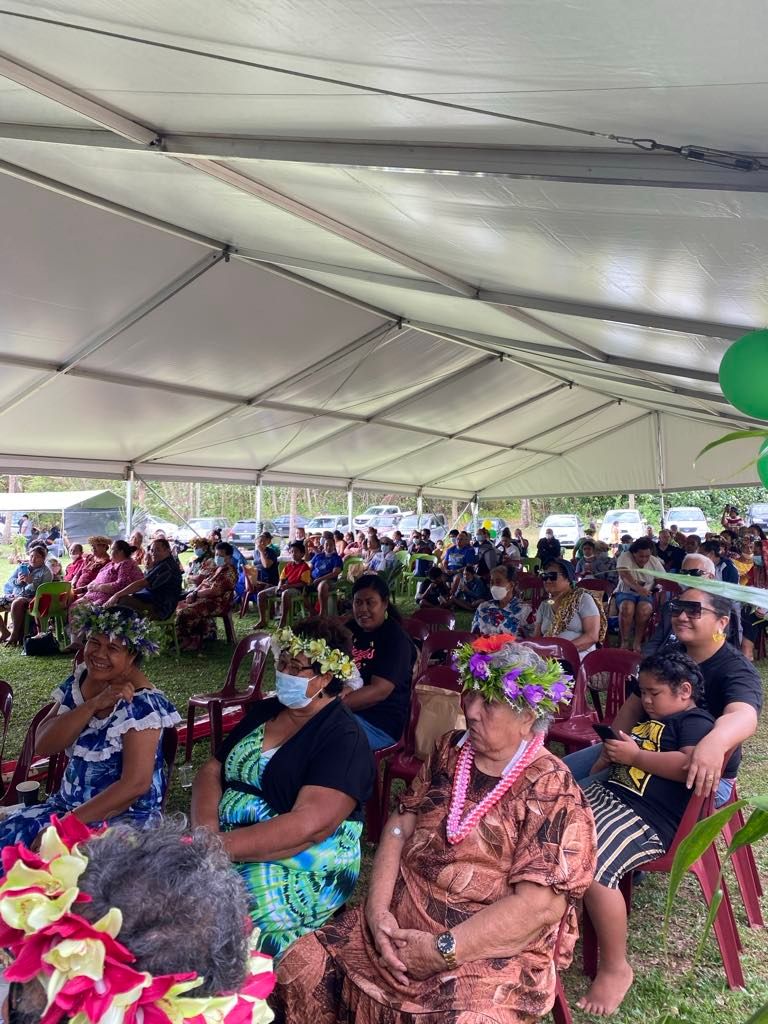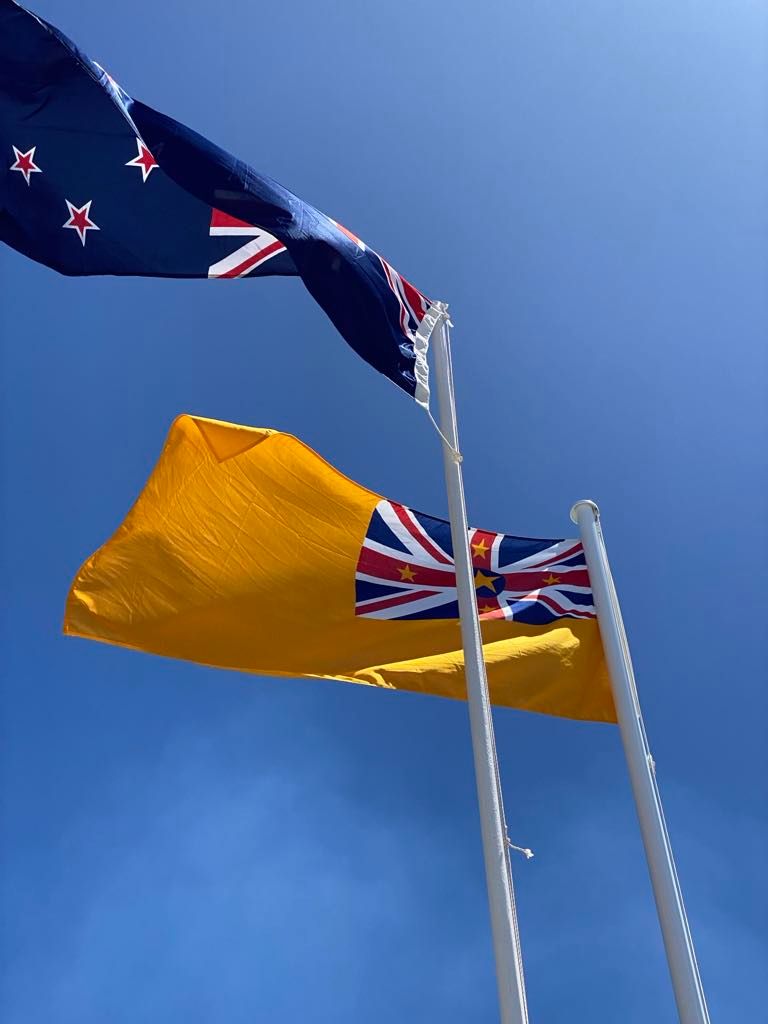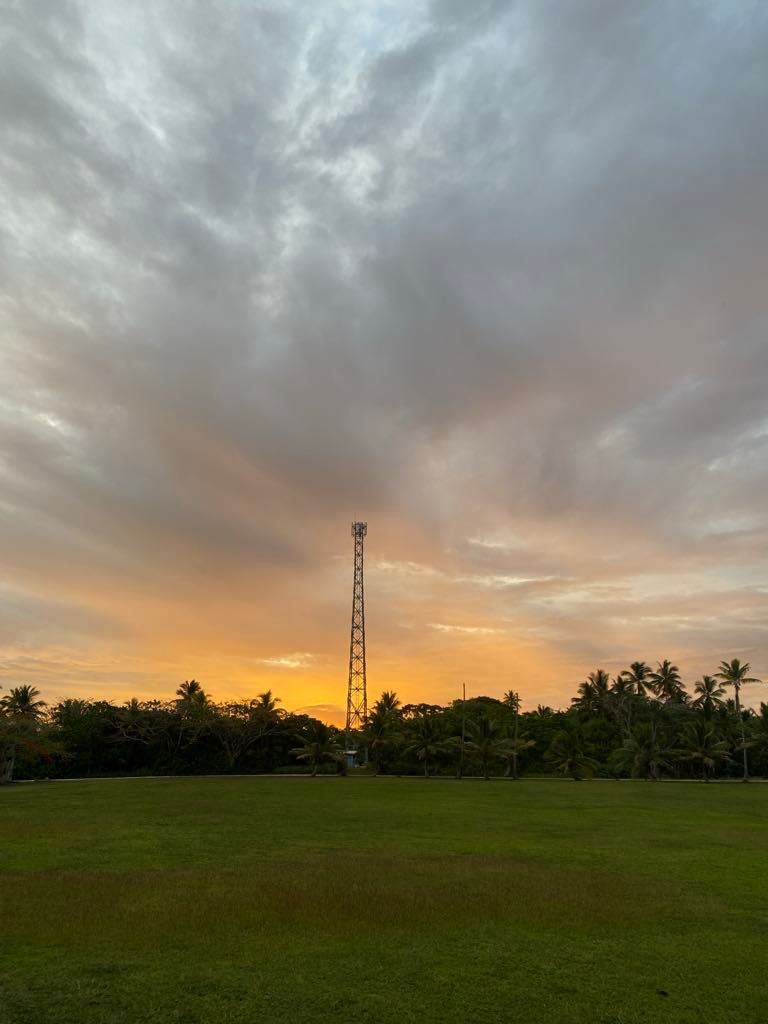

Niueans living overseas who return home to claim ancestral land often face difficulties.
Photo/Sariah Magaoa.
Niue’s battle for land legacy: ‘United we stand, divided we fall’
While Niue’s land ownership laws strive for fairness, the deep emotional and cultural ties to fonua often ignite conflict, dividing families across generations on the island and abroad.



Will’s Word: Minding dress codes won’t fix the cost of living crisis

Manu Sāmoa’s last chance: Journey of resilience ahead of the Dubai repechage

Villagers begin talks with government on sharing Manawanui compensation fund


Will’s Word: Minding dress codes won’t fix the cost of living crisis

Manu Sāmoa’s last chance: Journey of resilience ahead of the Dubai repechage
Land in Niue represents more than just property. It embodies identity, heritage, and security.
However, disputes over land ownership fuels division rather than unity.
Despite transparent legal systems designed to clarify ownership, land remains an ongoing source of tension, particularly between families living on the island and those overseas.
Darren Tohovaka, Secretary to Justice and Registrar of Niue’s High Court, says, “Disputes over land ownership, occupation, and usage are challenging for all Niueans.”

Family taro plantation in Niue. Photo/Sariah Magaoa.
Measures for transparency in land ownership
Niue’s legal system includes measures to ensure transparency in determining rightful land ownership.
This system, governed by Land Laws, Land Court Rules and Regulations, and Practice Notices issued by the Land Division of the High Court, guides individuals in establishing their land interests.
“To determine the magafaoa (family) for land and appoint leveki magafaoa (land trustee) for land, the most common applications for land, a person must file applications with the Court through the Court Registry in Niue at the Department of Justice,” Tohovaka explained.
“The Court Registry staff facilitate getting those applications placed before the Court and provide written guidelines to applicants about the application process.
“The Land Division of the High Court, commonly referred to as the ‘Land Court’, makes decisions based on the evidence presented and grants the orders sought in whole, partially, or dismisses the applications.”
While this process aims to ensure fairness and transparency, the emotional stakes often complicate proceedings.

A common issue locals raise is the lack of financial support and maintenance contributions for the care of the land. Photo/Sariah Magaoa.
Division between locals and the diaspora
Niueans living overseas who return home to claim ancestral land often face difficulties.
A common issue locals raise is the lack of financial support and maintenance contributions for the care of the land.
Returnees often appear “out of nowhere” after many years, creating tension between locals and the diaspora, and fostering a cycle of mistrust that leads to disputes and unresolved grievances over land.
Another common issue involves determining the rightful land owner through family genealogy, which often stirs debates over who holds the stronger claim to the land.
Complications arise because different people or families may have competing claims, often based on their interpretations of which family member has a more legitimate right to the land.
Land ownership extends beyond legal documents. It encompasses family history and perceived rightful claims.
Verifying ancestral titles
Tohovaka explains that land titles are determined through a court process managed by the Land Division of the High Court.

Returnees often appear “out of nowhere” after many years, creating tension between locals and the diaspora, and fostering a cycle of mistrust that leads to disputes and unresolved grievances over land. Photo/Sariah Magaoa.
“The applicants are required to verify their claim to Niuean land by filing applications to the Land Court Registry at the Department of Justice, Lands, Survey and Community Services and providing evidence to the Courts which supports the claims they make in those applications.
“Families make the choice whether they wish to survey their ‘ancestral titles’ or land, and they follow the process mentioned above.”
Tohovaka says that after the Court issues its orders, a final land survey is conducted two months later.
“The final survey of the land, survey maps being drawn up and approved, and a Certificate of Ttitle being produced in the Niuean Land Register where those court orders are registered against and signed and sealed by the Registrar.
“Once the court orders are registered, this completes the Titling process, and the Certificate of Title becomes a legally binding document protected under Niue law.”
Resolving disputes
Despite these legal requirements, disputes over land ownership remain challenging.
Tohovaka adds that while some disputes can be resolved through constructive discussions or mediation, others escalate due to misunderstandings or an inability to agree on key issues.
“Some disputes can be resolved through constructive discussion and consent of the Magafaoa and parties involved, and sometimes through a mediator.

Land is more than a property-it's identity, heritage and security. Photo/Sariah Magaoa.
“But some disputes are unable to be resolved mainly due to misunderstandings or because parties are unable to agree on common areas of interest or cannot identify what are the relevant or most significant issues and so, therefore, cannot have a constructive discussion on those issues and resolve their differences.
“Staff from the Department or persons sought out by the Department sometimes mediate disputes, and there have been some moderate successes.
“It is recognised that mediation is a useful tool to resolve disputes in Niue and the Department aspires to develop mediation as the preferred alternative dispute resolution tool for the Niue public and court users,” Tohovaka said.
Cost of conflict
The divide between locals and Niueans living abroad is evident, often extending to their families.
Incidents of violent threats, emotional abuse, and trauma continue to affect communities, with wounds from past generations into the present.
While ancestral and cultural connections to the land are deeply cherished and foster unity, they can also have negative effects.
These values can fuel greed, with individuals claiming more than their fair share - control, as some assert dominance to maintain ownership and division - all of which already affect families and communities.
For many Niueans, land represents security, but it can also be vulnerable, especially for families caught between traditional values and modern expectations.
Future of Niue’s land legacy
As the cycle of conflict continues, the question remains: Is it worth dividing families and loved ones for land? How will future generations handle this inheritance of both land and trauma?
Constructive discussions, mediation, and more inclusive practices may help, but the challenge lies in changing mindsets.
The struggle will persist until the emotional weight of land ownership is addressed alongside the legal framework.
Niue must confront these complex realities to protect its people and their relationships, ensuring that land remains a source of pride rather than pain for generations to come.
In the meantime, the battle over Niue’s land legacy will continue with the poignant motto: “united we stand, divided we fall.”